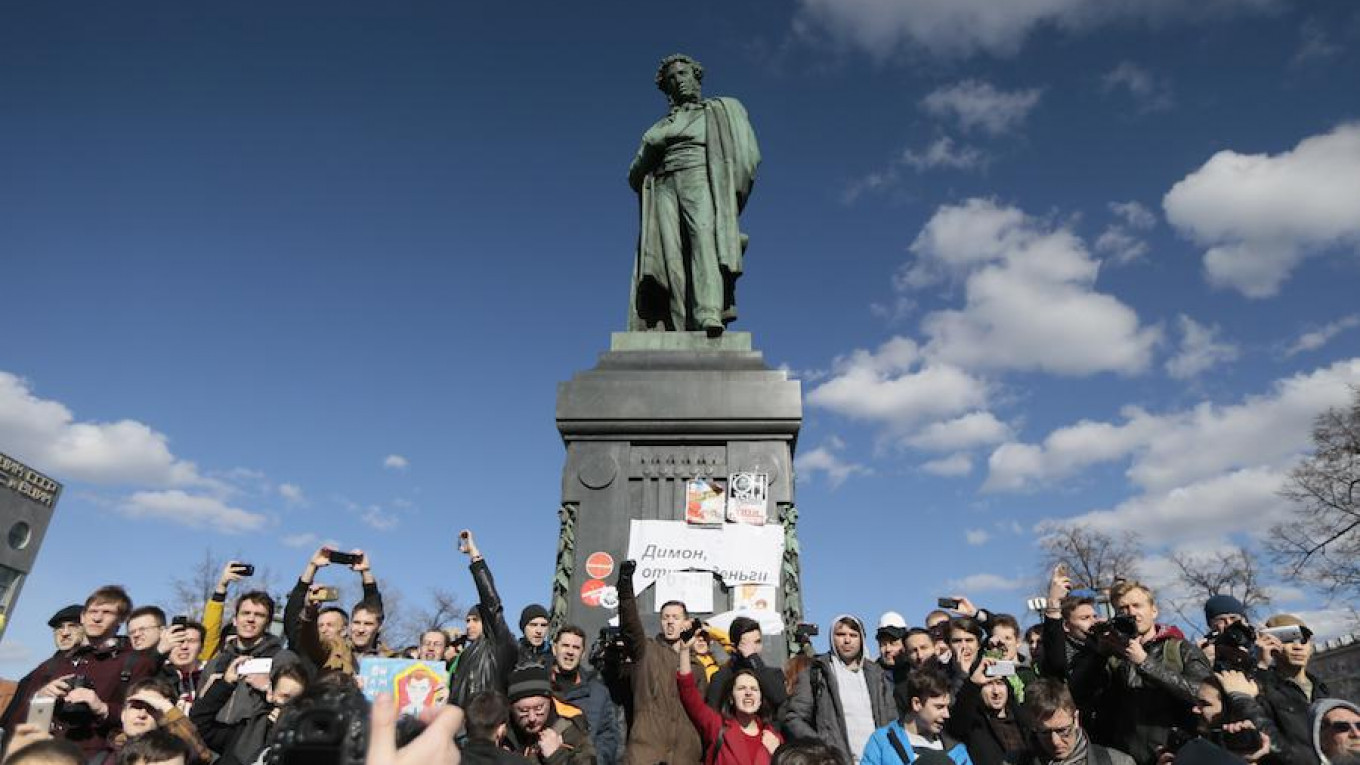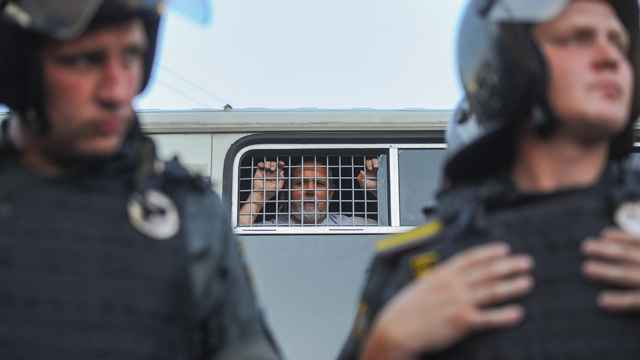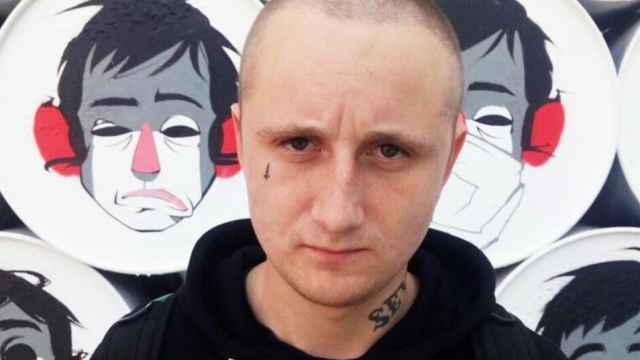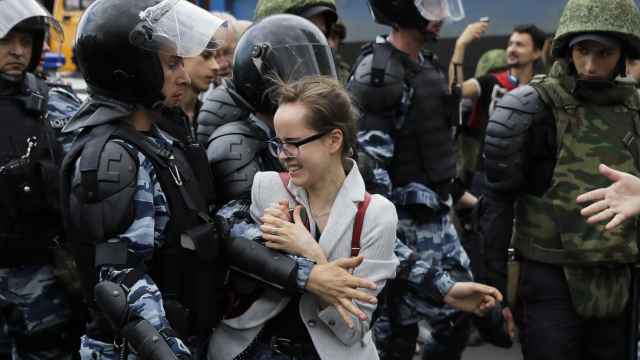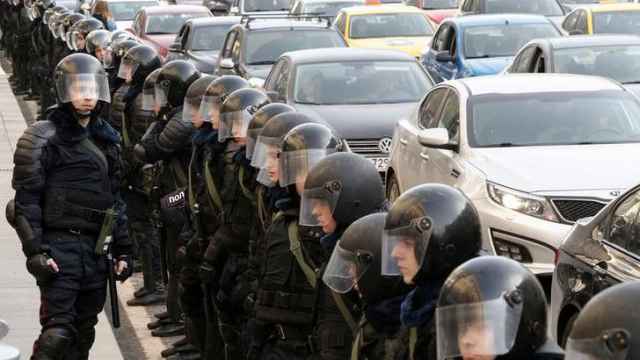It is the last summer before the Russian election. So it’s time for your favorite, most unfair Russia observer to reflect on life in “The Biggest Country.” Just like in the days of yore.
You’re probably expecting a chat about the hurricane that tried to flatten Moscow—likely an answer to Mike Pence’s prayers. But no. The hurricane is straightforward. If you want to talk about that, take it up with a god of your choice, or the municipal services. (You’ll have more luck with the deity, I warn you).
No, let’s talk about 7.3 billion rubles ($130 million). This is the extra paycheck that Russia’s top cops will get in 2017-9. Rank-and-file police won’t be as lucky—they’re in line for a cumulative $85-million pay cut. The same review gave education $23 million extra, which is less than one-fifth of what the cops are getting.
It is no coincidence that the pay rises were announced on the same day that the president saw fit to proclaim a new “Decade of Childhood” from 2018. Russian demographics are on the wane again—put another way, Russia is slowly dying. And the poor police suffer harshly at the hands of pesky politically active voters.
The Kremlin has not forgotten about the opposition rally in central Moscow back in March, where some youths showed up and hit back at riot police rounding up the protesters. And then there was the 10-year-old who recited Shakespeare in the streets of Moscow last week — it took a whole police patrol to neutralize him. There was also a curious incident in Chelyabinsk in the Urals, where teens violently attacked a police car while chanting a criminal mafia slogan “AUE.” In what looked like mute embarrassment, police tried to downplay the incident—unlike its tussle with the opposition.
"We can safely rule out any radical improvement of, I don’t know, education—because, of course, the cops come first."
Not even The Moscow Times can tell you how the wise and benevolent president intends to support childhood in Russia—a country of glorious past, absent future, falling incomes and a war on Internet anonymity. Most likely, Vladimir Putin will set up a Childhood Ministry, with a Federal Procreation Agency and a State Videoblogging Service attached. But we can safely rule out any radical improvement of, I don’t know, education—because, of course, the cops come first.
A less generous soul than myself might interject here to say that Russian street cops are not necessarily to blame for their predilection for adopting Attila the Hun as a role model. That has far more to do with petty salaries, mismanagement of the cripplingly centralized police force, and the daily garrote of paperwork. A case could certainly be made for police top brass deserving an internal review over this, rather than receiving a $130-million bonus. But let’s not get bogged down in minutiae.
Just so you get it right: The Russian police chase the intelligentsia’s children around Moscow. The same police were scared by a couple young faces at a petty rally. And their bosses are getting loads of extra cash.
Meanwhile, the country’s youth—those outside the confines of basic prosperity—are already lost to chaos and come down on said police like, well, Attila the Hun. Then the Kremlin suddenly declares a “Decade of Childhood,” and throw five times more money at cops than at educators.
Something tells me it’s going to be an interesting decade to grow up in Russia.
Unfair Observer is a secret Russian journalist offering a satirical take on the worst and most absurd developments happening in Russia every week.
A Message from The Moscow Times:
Dear readers,
We are facing unprecedented challenges. Russia's Prosecutor General's Office has designated The Moscow Times as an "undesirable" organization, criminalizing our work and putting our staff at risk of prosecution. This follows our earlier unjust labeling as a "foreign agent."
These actions are direct attempts to silence independent journalism in Russia. The authorities claim our work "discredits the decisions of the Russian leadership." We see things differently: we strive to provide accurate, unbiased reporting on Russia.
We, the journalists of The Moscow Times, refuse to be silenced. But to continue our work, we need your help.
Your support, no matter how small, makes a world of difference. If you can, please support us monthly starting from just $2. It's quick to set up, and every contribution makes a significant impact.
By supporting The Moscow Times, you're defending open, independent journalism in the face of repression. Thank you for standing with us.
Remind me later.


